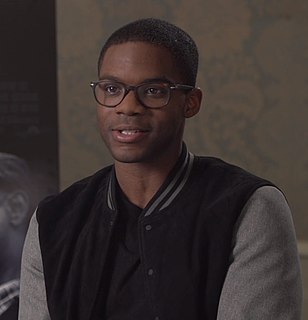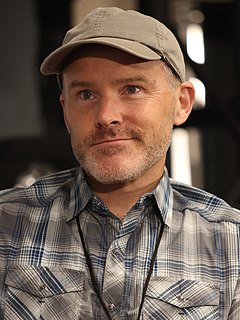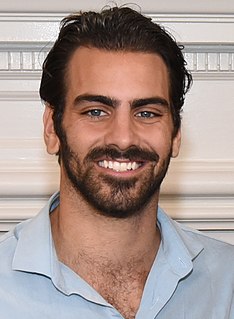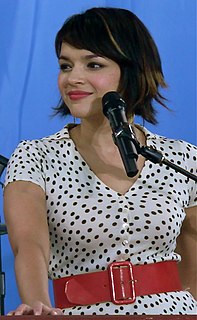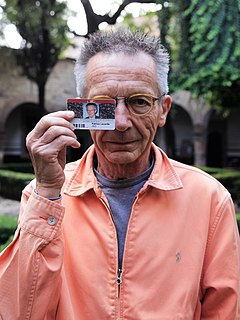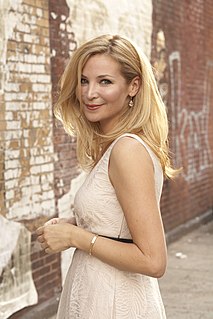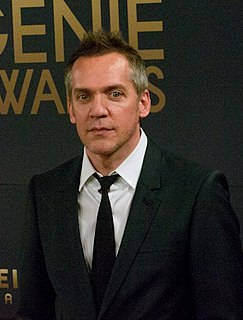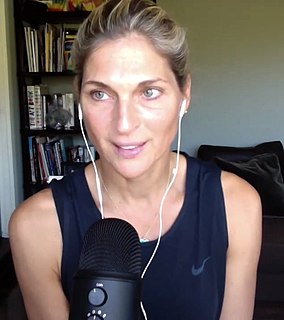A Quote by Campbell Scott
Part of the advantage, and part of the result of trying to be a producer and director, are the practical things, you find. It's so advantageous to go to a place that you already have a feel for, a literal and spiritual familiarity.
Related Quotes
Every individual is continually exerting himself to find out the most advantageous employment for whatever capital he can command. It is his own advantage, indeed, and not that of the society which he has in view. But the study of his own advantage naturally, or rather necessarily, leads him to prefer that employment which is most advantageous to society... He intends only his own gain, and he is in this, as in many other cases, led by an invisible hand to promote an end which was not part of his intention
The producer can put something together, package it, oversee it, give input. I'm the kind of producer that likes to take a back seat and let the director run with it. If he needs me, I'm there for him. As a director, I like to have the producer there with me. As a producer, I don't want to be there because I happen to be a director first and foremost, I don't want to "that guy."
I feel like, if I'm being honest with myself, my biggest skill set is as a writer 'cause I can do that quickly and I'm really grounded in story structure. Part of my success as an actor, is that I know story well. Part of my success as a director, is how well I know story. Same thing, as a producer. It all begins and ends with me as a story creator. But, I love doing it all.



